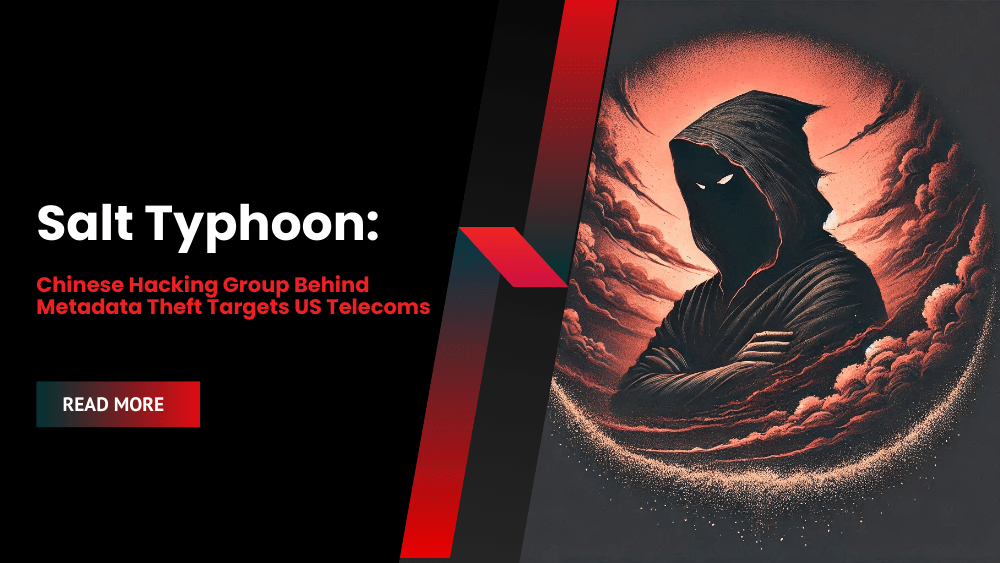Salt Typhoon Continues Chinese Cyber Espionage Campaign
The United States government has accused the Chinese hacking group, “Salt Typhoon,” of a major cyber-espionage campaign. This campaign resulted in the theft of significant amounts of metadata.
Deputy National Security Adviser Anne Neuberger stated that at least eight US telecommunications firms were targeted. Dozens of other companies across the globe were also affected.
The scale of the operation raises serious concerns about national security and individual privacy.
The Scope of the Salt Typhoon Data Breach
The Salt Typhoon group’s activities extended beyond the initial eight US telecom providers.
A senior US official briefed senators, confirming Chinese government orchestration of the campaign. The campaign targeted a large number of individuals worldwide.
While the exact number remains undisclosed, the impact is substantial. The compromised metadata, while not containing communication content, provides highly detailed information.
This includes call durations, locations, and recipient details, offering granular insight into the lives and relationships of those targeted. The official stated that while senior US government officials and political figures were affected, classified communications remained secure.
China’s Response and the Ongoing Investigation
The Chinese embassy in Washington strongly rejected the accusations. Spokesperson Liu Pengyu issued a statement.
The statement called the US accusations “cybersecurity slander.” It urged the US to stop its own alleged cyberattacks.
This denial highlights escalating tensions between the US and China regarding cybersecurity.
The US government responded by issuing new guidance for telecom companies. The guidance focuses on enhanced encryption and improved monitoring.
A Senate commerce subcommittee will hold a hearing on December 11. The hearing will investigate the Salt Typhoon incident and assess threats to communication networks.
Previous Allegations and the Nature of Metadata Theft
This is not the first time Chinese hackers have been linked to major US data breaches.
In October, federal authorities confirmed that China-linked hackers targeted Donald Trump, his running mate, and associates of Vice President Kamala Harris.
Previous allegations implicated Chinese hackers in attacks against Verizon, AT&T, T-Mobile, and Lumen. However, T-Mobile and Lumen stated they found no evidence of customer data compromise.
Metadata theft is significant. Even without communication content, metadata offers a wealth of information usable for surveillance and other malicious purposes. Tracking calls and locations provides a detailed picture of an individual’s activities and relationships. This information can be exploited for various purposes, including espionage. The scale of the Salt Typhoon operation highlights the increasing sophistication of state-sponsored cyberattacks.
The Ongoing Threat of State-Sponsored Cyberattacks
The Salt Typhoon incident highlights the ongoing threat of state-sponsored cyberattacks.
Sophisticated hacking groups can infiltrate critical infrastructure and steal sensitive data. This underscores the need for robust cybersecurity measures and international cooperation.
The upcoming Senate hearing is crucial for understanding the damage and developing mitigation strategies. The incident emphasizes the need for continuous improvement in cybersecurity defenses for both government and private sectors.
The ongoing debate between the US and China highlights the complex geopolitical landscape of cybersecurity. The Salt Typhoon case will likely be a significant case study in the fight against state-sponsored cyberattacks for years to come.









